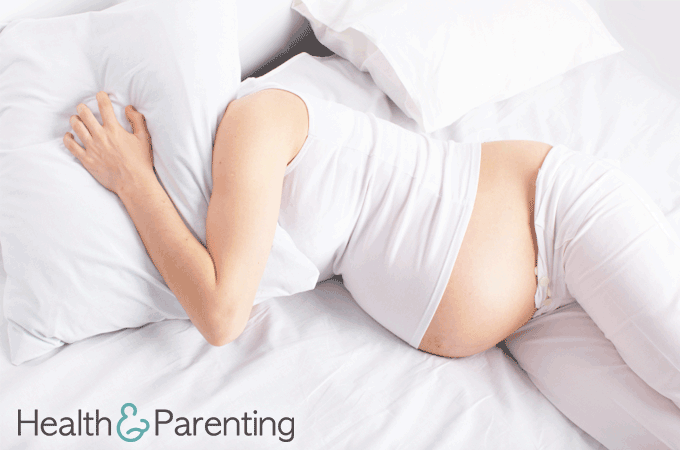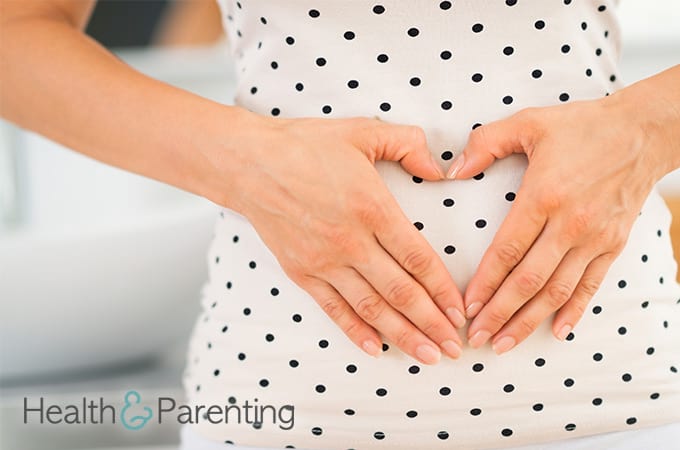Headaches are a common complaint during pregnancy. Headaches during pregnancy are thought to be caused by hormones, though they could also be connected to stress, fatigue and dehydration. Pregnancy headaches are most common during the first trimester, especially during the first few weeks when hormone levels are rapidly increasing. Most women find the headaches have cleared up by the second trimester.
Headaches during pregnancy are not unsafe for your baby, but can be annoying for you. Here are some tips for coping with headaches during pregnancy:
- Get some rest – headaches can be caused by tiredness, so listen to your body and get some rest. You need more rest during pregnancy as your body works overtime growing a baby.
- Have a glass of water – your body needs extra water during pregnancy, so you should be drinking eight glasses of water each day. Headaches can be caused by dehydration, so have a glass of water if you can feel a headache coming on.
- Eat healthily – fatty, processed and sugary foods can cause headaches. Reduce your reliance on these foods, and instead focus your efforts on eating fresh fruit, fresh vegetables, whole grains, nuts and seeds. Eating a balanced diet is very important during pregnancy.
- Avoid caffeine – in the short term, cutting out caffeine could cause you headaches, but within a week or two, you should be free from these headaches. Consuming too much caffeine can cause headaches, so try to reduce the amount you consume.
- Exercise – exercise is really important during pregnancy. Taking regular exercise can reduce a whole host of pregnancy symptoms, and help you to de-stress. If you feel a headache coming on, try taking a short walk outside and see if the exercise and fresh air help.
- Relax – stress isn’t good for you, and it’s not great for the baby, so spend some time relaxing each day. Try having a soak in the bath, or spend a few minutes meditating, at the end of each day to unwind.
- Medication – ibuprofen and aspirin are not safe to take during pregnancy. Speak to your healthcare provider or pharmacist to find out which headache medications are suitable for pregnant women.
When to call a doctor
If you experience visual disturbances or have a high temperature, contact your doctor. If the headaches don’t ease up, speak to your healthcare provider for advice.
How do you cope with headaches during pregnancy?
Written by Fiona, proud owner of a toddler, @fiona_peacock
This information is not intended to replace the advice of a trained medical doctor. Health & Parenting Ltd disclaims any liability for the decisions you make based on this information, which is provided to you on a general information basis only and not as a substitute for personalized medical advice. All contents copyright © Health & Parenting Ltd 2018. All rights reserved.













